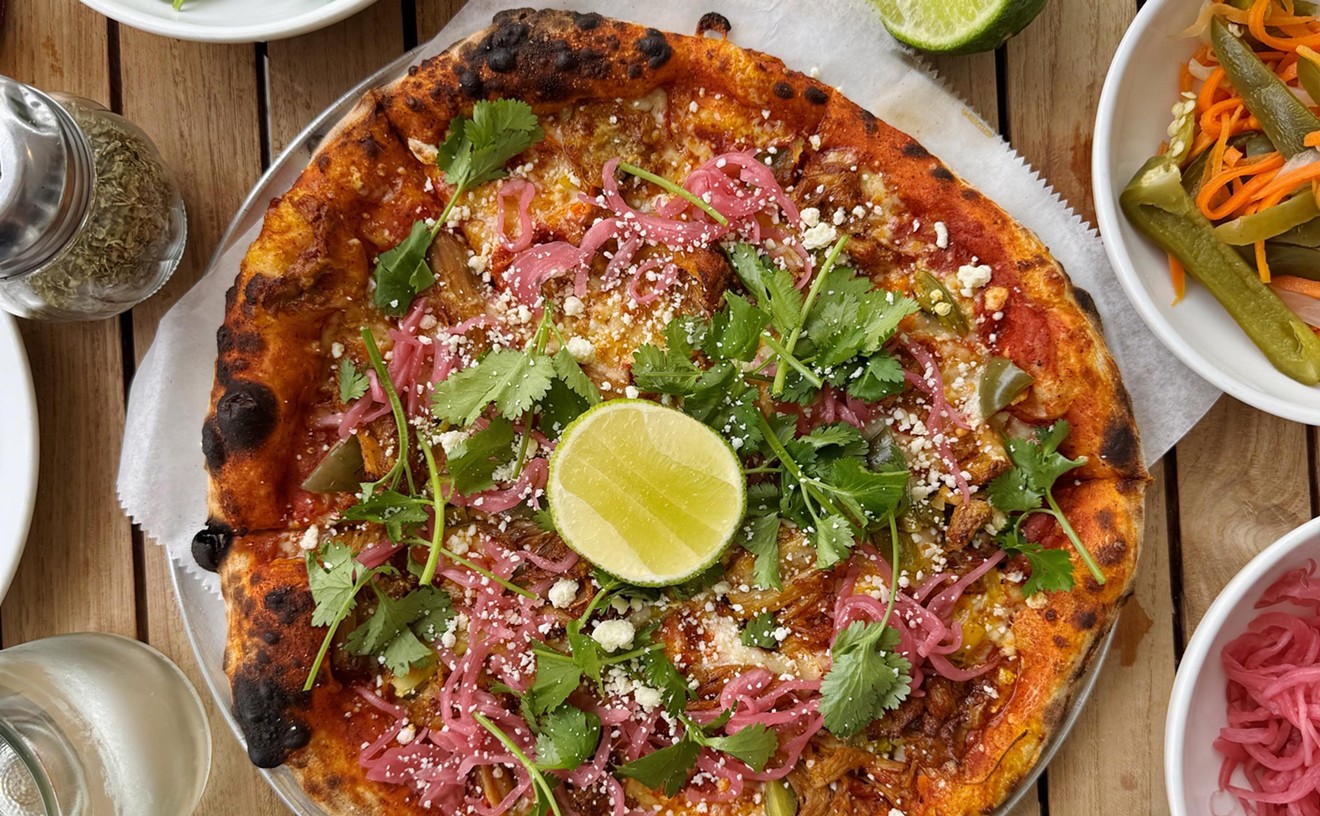After leading Miami's desegregation in the '60s, surviving the race riots of the '80s, and persevering despite a pickup truck slamming through its front and killing two customers in 2012, the legendary Liberty City soul food spot Jumbo's will close its doors Wednesday.
Bobby Flam, who took over the restaurant from his father, Isadore, in 1966, has sold the 24-hour fried chicken, shrimp, and conch joint to a developer who plans to build affordable housing on the corner of NW Seventh Avenue and NW 75th Street.
See also: Choices Cafe Brickell Closing Its Doors With Farewell Bash
The iconic seafoam-green restaurant might remain open for a few months while the developer sorts out permits, Flam said. His days, however, are numbered as he looks to spend more time with his three children, eight grandchildren, and other family members, including his son-in-law -- author and television host Brad Meltzer.
Flam, along with his family, moved from Gibsonia, Pennsylvania -- "the sticks" as he called it -- to Miami in 1955. His parents, aunt, and uncle bought a small diner called Jumbo Franks in a then-predominantly white neighborhood. They tore it down in 1957 to make way for the building that stands there today, where celebrities have torn into sputtering hot chicken wings, where music videos have been shot, and where the James Beard Foundation handed off the award for an American Classic in 2008.
"I worked at the restaurant since July 1, 1955, the first day we moved to Florida," Flam said. "My first job was answering the phone and taking the take-out orders."
He desegregated the restaurant in 1968, causing a significant dip in business for a worthwhile cause. African-Americans no longer had to use the rear entrance next to the dumpster or dine in a separate space. When he hired three black employees -- the first restaurant in white Miami to do so -- nearly 30 white employees quit in the following weeks.
"The people who liked integration kept coming, and the people who didn't stopped," he said.
The changing times also meant a change in who came into Jumbo's each week, but Flam said he focused on creating a welcoming atmosphere, giving good service, and offering a fair-priced plate of golden, juicy fried chicken or shrimp.
Though Jumbo's endured the race riots of the '80s nearly unscathed -- the windows weren't even broken as nearby business burned to the ground -- Flam said those days were the beginning of the end.
Those businesses "never reopened, and they were my lunch customers," he said. "There were plenty of regular customers who would come in three, four, five days a week who we never saw again."
Still, he held on out of a sense of duty to the community, getting by with the overnight customers. Flam is well known for giving jobs to needy people who've been turned away from other places time and again, and offering a hot meal, free of charge, when it's needed most.
Hurricane Wilma was the nail in the coffin that set Flam on a course to sell Jumbo's. An insurance company he wouldn't name refused to pay out claims after extensive damage to the kitchen, dining room, and façade. Eventually Flam received "10 cents on the dollar" in insurance money, but he began courting buyers to take the historic corner off his hands.
"It's bittersweet," he says now that the end of the road is finally in his sights. He still owns the Jumbo's name and brand and is looking into franchising it, but the original Jumbo's is poised to recede into the history books.
"'I gave it my best to try to get this neighborhood redeveloped, but that hasn't happened," he said. "The new owner has to be the hero of the neighborhood."
For more follow Zach on Twitter or Instagram.
Follow Short Order on Facebook, Twitter @Short_Order, and Instagram @ShortOrder.










